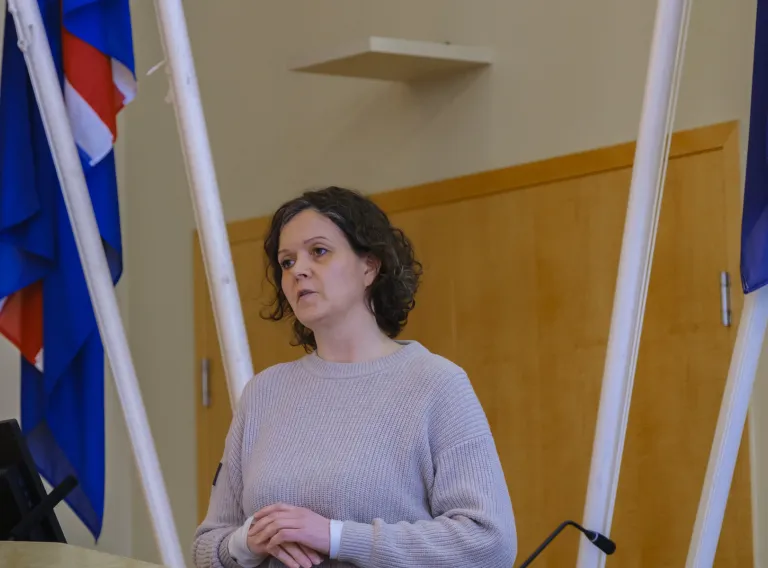
A more flexible educational system in universities, more emphasis on education in gender studies among students in preschool, compulsory, and upper secondary school teaching; a campaign against stereotypes on all school levels; increased support for underprivileged students and immigrants: these are all suggestions in a new report exploring the gender ratio in higher education.
The report is called Stereotypes in universities („Staðalímyndir í háskólum“). The author is Laufey Axelsdóttir, post-doc in gender studies at the University of Iceland's Faculty of Political Science, for the Forum of Equality Officers at the Icelandic universities with support from the former Ministry of Education and Culture. The report was discussed at the final event of Equality Days; a one-day conference, and a recording can be accessed online.
The aim of this project was to shed light on the unbalanced gender ratio in Icelandic universities, and whether gendered stereotypes have an impact. The project also included issuing an action plan to even out the gender ratio looking both to what has already been done in Iceland and actions that have proven successful abroad.
The report points out that the emphasis in study choices is already gender-based at the upper secondary school level, and the difference follows both men and women into higher education. Despite various counter actions and legal changes, it seems that stereotypes in education and careers still contribute to gender-based study and career choices. "The findings, furthermore, indicate that drop-out from studies is higher among men than women, both at the upper secondary school and university level, with more women graduating from both levels," it says in the report.
